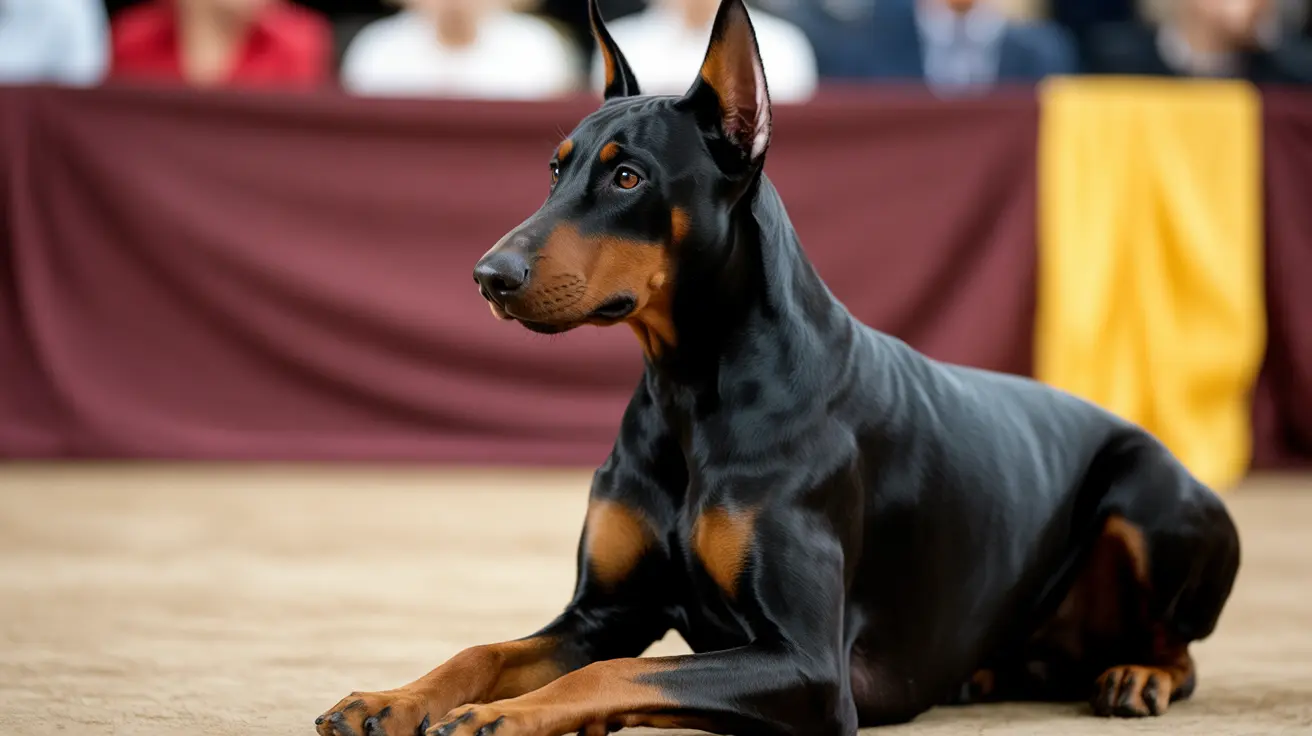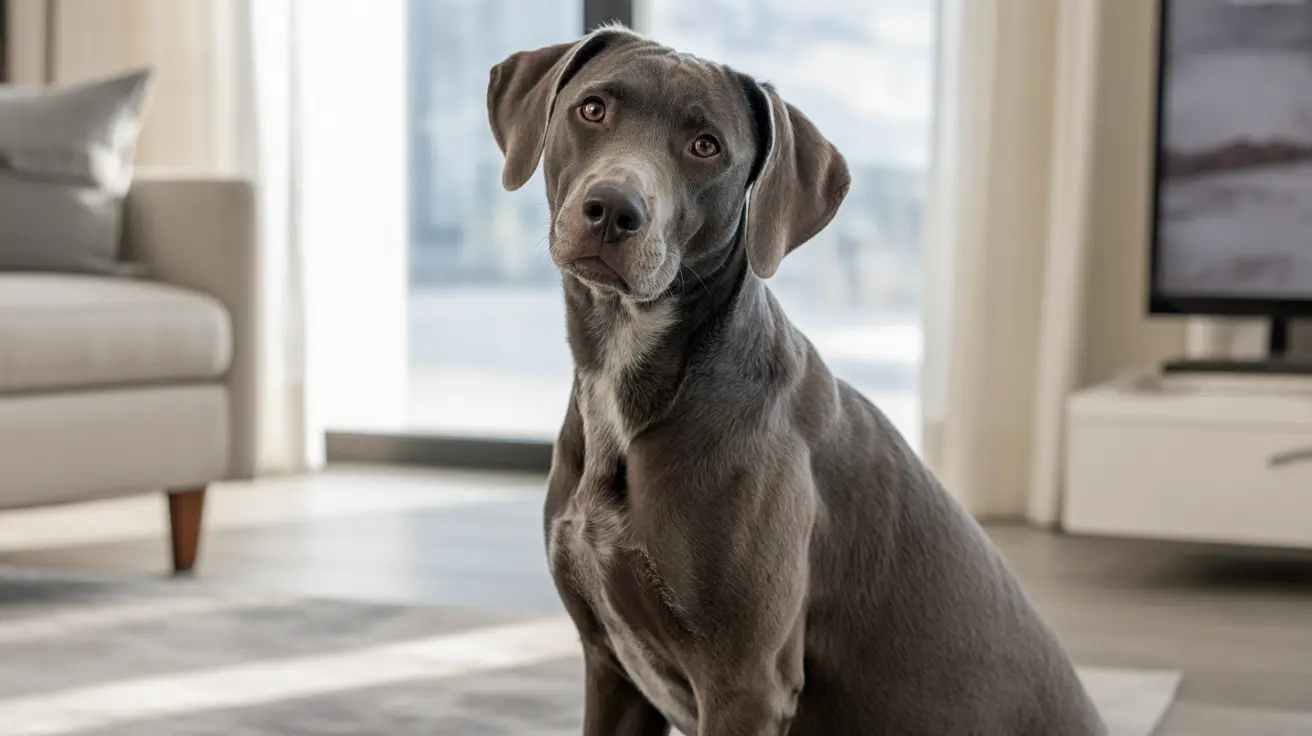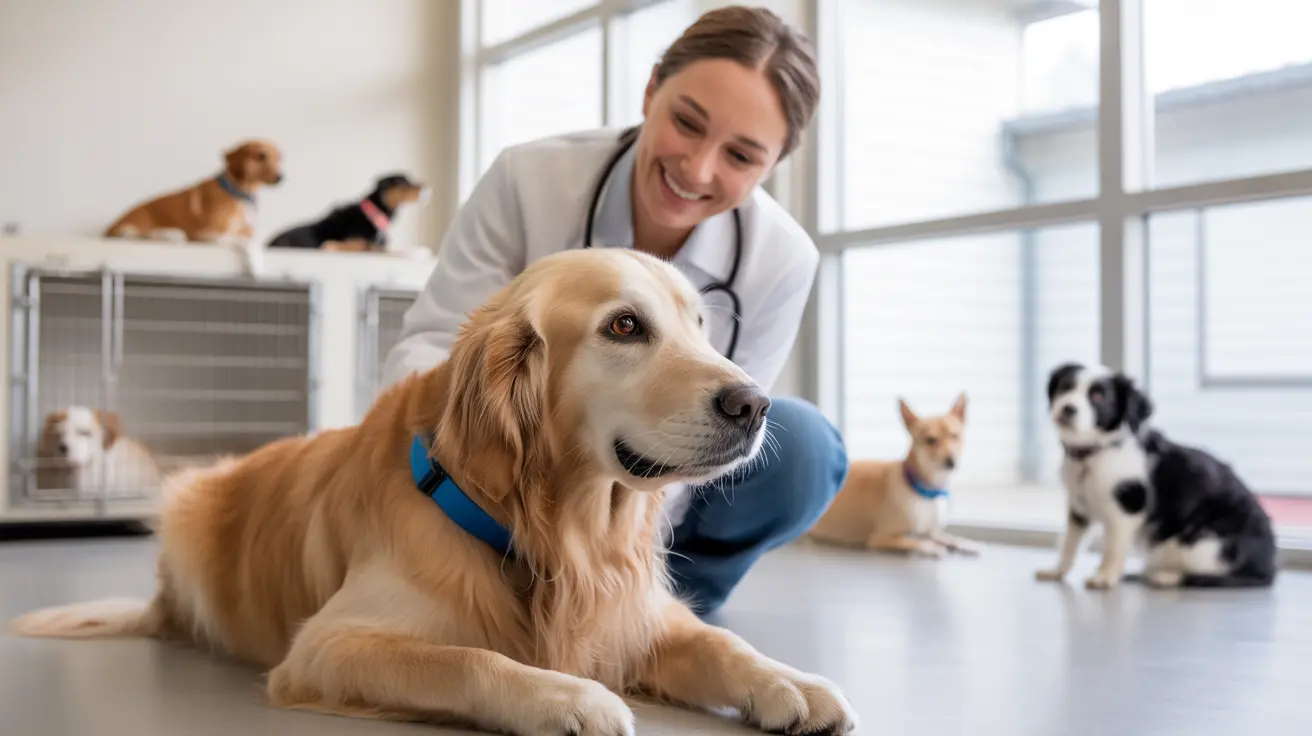The Number One Food to Never Feed Your Dog: Chocolate
When it comes to pet ownership, knowing what your dog can and cannot eat is vital for their health and longevity. One of the most dangerous and commonly available foods for dogs is chocolate. Despite being a delicious treat for humans, chocolate can pose serious health risks to dogs. Understanding why chocolate is harmful, the symptoms of chocolate poisoning, and what to do in case of accidental ingestion can help dog owners keep their companions safe.
Why Is Chocolate Dangerous for Dogs?
The main reason chocolate is toxic to dogs is due to the compounds theobromine and caffeine, which belong to the methylxanthine class. Dogs metabolize these substances much more slowly than humans, making them far more susceptible to their effects.
- Theobromine affects the central nervous system, cardiovascular system, and respiratory system of dogs.
- It stimulates the heart and can cause excessive urination, restlessness, and sometimes seizures.
- Dark chocolate, cocoa powder, and unsweetened baking chocolate contain the highest levels of theobromine.
Types of Chocolate and Their Toxicity
The level of danger depends on the type of chocolate and the dog’s weight:
- Baking Chocolate: Extremely dangerous due to high theobromine content.
- Dark Chocolate: Still toxic even in small amounts.
- Milk Chocolate: Less concentrated but can be harmful in larger doses.
- White Chocolate: Contains the least theobromine but still not recommended due to sugar and fat content.
Signs of Chocolate Poisoning
Symptoms may begin within 6 to 12 hours after ingestion and can last up to 72 hours. Watch for:
- Vomiting
- Diarrhea
- Increased heart rate
- Restlessness or hyperactivity
- Muscle tremors
- Seizures
- Excessive thirst and urination
- Collapse, in severe cases
What to Do if Your Dog Eats Chocolate
Act quickly if you suspect your dog has eaten chocolate:
- Contact a veterinarian or a 24/7 animal poison control line immediately.
- Provide details such as your dog’s weight, the type and amount of chocolate consumed, and the time of ingestion.
- Do not induce vomiting without professional guidance.
- Veterinary treatment may include inducing vomiting, administering activated charcoal, IV fluids, and medications to manage symptoms.
Preventing Chocolate Poisoning
There are several steps dog owners can take to avoid accidental chocolate ingestion:
- Keep all chocolate products out of reach, including baked goods, candies, and cocoa powder.
- Educate family members and guests about the dangers of feeding dogs human foods.
- Use child-proof or pet-proof cabinets for storing chocolate.
- Be cautious during holidays like Halloween, Christmas, and Valentine's Day when chocolate is abundant.
Other Foods to Avoid Feeding Your Dog
While chocolate tops the list, several other foods can also be harmful to dogs:
- Grapes and raisins: Can cause kidney failure.
- Onions and garlic: Damaging to red blood cells.
- Avocado: Contains persin, which can be harmful.
- Alcohol: Toxic even in small amounts.
- Xylitol: A sugar substitute that can cause a dangerous drop in blood sugar.
Conclusion
Chocolate is the number one food to never feed your dog due to the risk of theobromine poisoning. Even small quantities can lead to severe health issues and potentially fatal outcomes if left untreated. Responsible pet ownership includes being aware of the food hazards that lie within the average household. By taking preventive measures and staying informed, dog owners can protect their furry friends from easily avoidable dangers.





